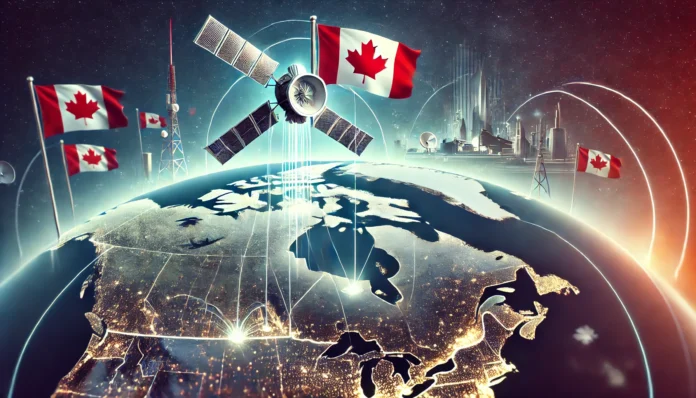More than half of Canada’s provincial and territorial governments utilize Starlink, the satellite internet service owned by Elon Musk’s SpaceX, for essential communications in remote areas. However, this dependence is under scrutiny due to political tensions and concerns over national sovereignty.
In addition to Musk’s political comments with regard to Canadian sovereignty, he has also mused about cutting off Starlink services to Canada in retaliation for certainly Tesla accessories being removed from eligibility for government subsidies.
Dwayne Winseck, a professor at Carleton University, has emphasized the need for Canada to reduce reliance on Starlink, stating, “Cutting contracts is one approach. There are also some made-in-Canada alternatives that can be accelerated.”
In response to U.S. tariffs imposed by President Donald Trump, Ontario Premier Doug Ford announced the cancellation of a C$100 million contract with Starlink intended to provide high-speed internet to 15,000 remote households. Ford asserted, “Ontario won’t do business with people hell-bent on destroying our economy.”
Other provinces and territories are also reconsidering their agreements with Starlink. Manitoba is “monitoring the situation and considering its options,” while Nunavut is “evaluating alternative means to ensure services to the public are maintained.” The Northwest Territories expressed commitment to a “Team Canada approach” to protect economic resilience and sovereignty.
In the longer term, governements are looking at alternatives to Starlink including extentions of a current European satellite systems and other potential systems.The is a Canadian low altitude satelitte system developed by Canadian firm Telsat but that will not be fully available until 2027.


